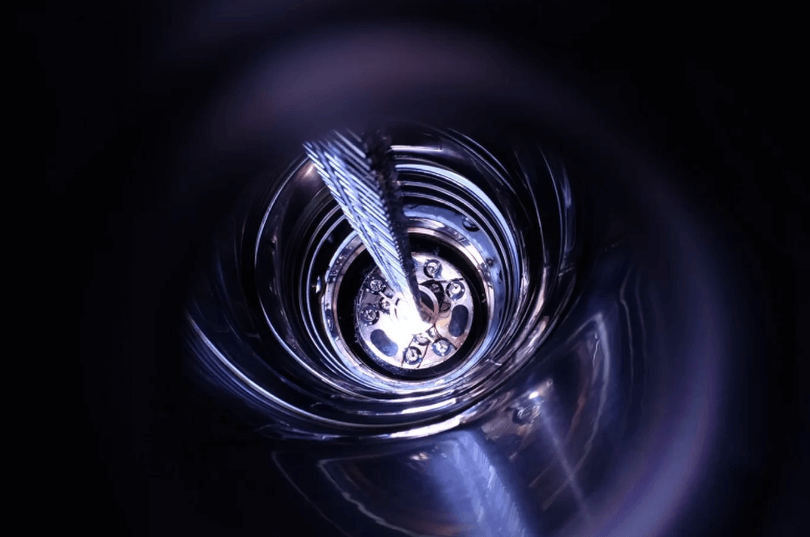Sixty years ago, if someone would have said that one day in the future we’ll be creating human lives from scratch using technology in a lab, most people would have thought you were crazy. Today, it’s very much a reality that’s getting closer and closer every second despite the ethical and safety concerns of the public.
Investors are attracted by this area’s wide market potential and decreasing costs when it comes to synthesizing DNA. Although biotechnology is currently used to produce insulin and genetically modified crops, by synthesizing whole genes or genomes scientists can carry out far more extensive changes.

Just recently experts gathered in London at a global conference hosted by Imperial College London. They discussed how the science toolkit was improving fast and how DNA synthesizing costs around 100 times less than it did in 2003. However, uncertainties still remain as to the regulation and overall morality of it.
The conference was held just weeks after researchers announced they were almost there in terms of building a completely artificial genome for baker’s yeast. While this might not sound a lot, yeast is, in fact, a eukaryote, just like human cells, so if it’s possible to do this with yeast… You do the Math. “The intersection of biology and technology is a difficult place to be because of different cultures and languages, but I think we are breaking through some of those barriers,” said Thomas Bostick, lead of biotech firm Intrexon’s (XON.N) environment unit.

John Cumbers is the founder of synthetic biology network SynBioBeta, and he commented, “DNA is seen as the next programmable matter that is what a lot of the Silicon Valley investors are excited about. They’ve witnessed the power of software over the last 25 years and they are looking for the next big thing.” In 2016, statistics confirm that $1.21 billion was invested in this industry across the globe, with the number of firms rising to more than 400.
Companies have changed tack since the first application of synthetic biology emerged in using engineered algae to make biofuels. Today there’s more of a focus on potent painkillers and cancer medicines. However, Boston-based Gingko Bioworks took a different stance in developing a rose oil for Robertet, a French fragrance house. But some people are against these developments including Friends of the Earth who recently condemned the creation of vanillin synthetically and labeled it as “extreme” genetic engineering.
More News to Read











